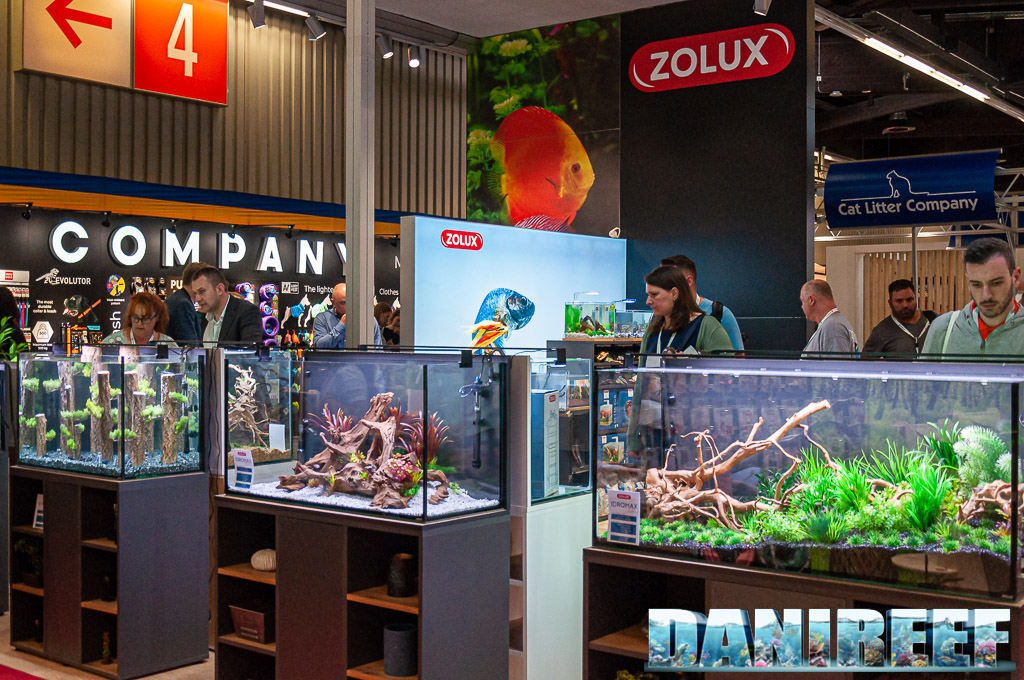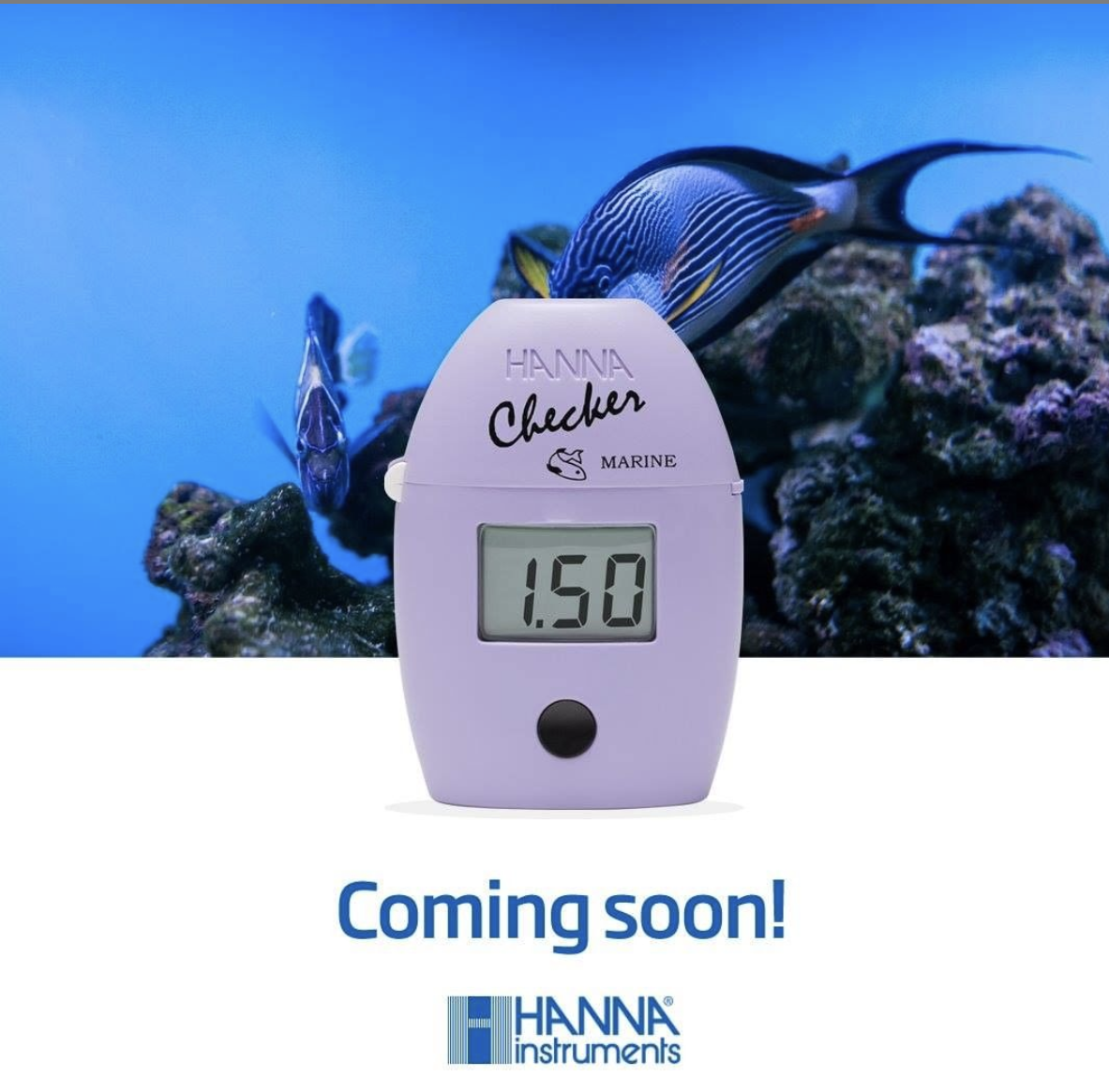As some of you know, the neodymium is the basis of the construction of the magnets, due to the fact that linked to other elements serves for construction of permanent magnets Nd2Fe14B and thus affect particularly the cost of our pumps, since, until proven otherwise, are all based on generating an electromagnetic field created by a magnet, and the impeller is itself a nice piece of … “magnet“.

In the picture you can see various applications of neodymium in the construction of various permanent magnets.
Recovering different news on the internet, and especially from the italian site supermagnete (super magnet) we found that China, the world’s largest producer of rare earths, has decided to control and contingent the extraction of neodymium in order to better control production and keep the same neodymium can be disposed through not conventional channels and thus may be an important source of pollution, although this idea to me seems more an excuse than anything else.
This action, however, led, of course, to a disproportionate growth of cost of the raw material, as we see in this graph:

Also the economist italian newspaper Sole24ore dealt with the problem as you can read in this article about the rare earths (italian language).
And for us aquarists what could change? As we anticipated the cost of the pumps definitely will suffer an increase, but we must not forget the cost of simple glass scraper magnets or magnets to hold in place the pumps and other items. In essence, the future is not too good for us.
Unless some pumps manufacturer decides to abandon the use of neodymium and use instead other metals to build permanent magnets, but I fear that doing so should increase the cost or sacrifice something on the quality front.














[…] un commento As mentioned in the article in August, the cost increase of neodymium has a negative impact on aquarium. Nevertheless Tunze […]
[…] a thickness up to 19mm. Because of the growing problem with the increase in price of neodymium (read on more) , in the future the pumps will be sold with a smaller magnet that can keep the pump positioned on […]